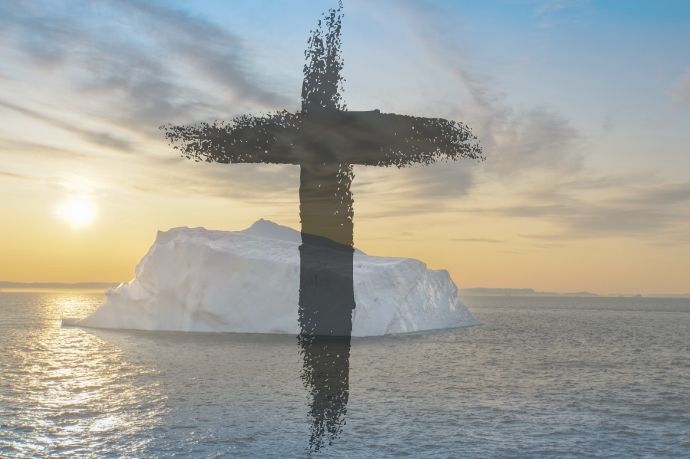Preaching during COP26 – UN Climate Change Conference
By Thomas O’Loughlin
Originally appeared in Scripture in Church, October-December 2021 - Subscribe here
We are all aware of the environmental agenda – global warming, the destruction of the planet’s resources, the damage that is done by excessive desires of some societies. Activists like Greta Thunberg keep it before our eyes, as has Seán McDonagh. We know that this is also a Christian agenda because of our belief in the absolute given-ness of all. COP26 dominates the news. It would be both irresponsible and silly not to celebrate this event in the liturgy.
Christians are often blamed for being so concerned for the next life that they ignore the value and beauty of the world around them. Christians are blamed for being so interested in being saved from the world, that they do not care for saving the planet.
This caricature is unjust, but we have to admit that many Christians have adopted such a strange attitude to the material world that it is easy to see how the caricature has arisen. Indeed, there are many people who preach a version of Christianity that runs like this: God made the world as a testing-ground for human beings. What counts is saving one’s soul and this is really a private matter that has little to do with other people and precious little to do with the material creation. In short, Christianity is about getting rescued from the world by Jesus.
This ‘Christianity’ conflicts with the Catholic vision of the universe as somehow pointing towards a source that is greater than it, and of the whole creation displaying a purpose that embraces the whole of reality while still being greater than it.
Ours is a sacramental vision of the creation: all comes from God, all somehow bears the imprint of its divine origin, it all comes into being through the Son, it all speaks to us of its origin, we come to appreciate its plan through our faith in the Son who has entered the creation as one of us, and we look forward not to the creation being abandoned but brought to its perfection in Christ the king of the universe.
Unless we engage with the physical realities of other people in the assembly, unless we hear stories like those in the Scriptures, unless we eat and drink in this meal – that larger world remains hidden to us. This world reveals the divine world to us and enables us to encounter it.
Let’s now think about our lives and the people we love. Anyone who loves another person knows that that love transforms the whole of life, it gives purpose and energy, and brightens up every moment. It is through human loving and being loved that we discover that there is love in the universe. In discovering that love we discover purpose and providence, and can learn to love God and to accept God’s love. It is in the intimacy of human, earthly love that we know that love is more than an earthly reality. This world’s love reveals the divine love to us and enables us to encounter it.
Now let’s think about the creation: the universe, our planet with all its wonders, the environment that enables us to live. We profess that all of it, heaven and earth, is the work of the creator. All comes from God and in ‘doing its thing’ it sings his praises. It is through discovering the wonder around us that we realize that there is a wonder beyond these wonders. It is in relating to the creation that we discover more about who we are and the vastness of God’s majesty and love. This universe reveals the divine to us and enables us to encounter it.
It is when we love others and through loving the creation that we express our love for God. It is through caring for others with all our mind and heart and strength that we come to know the love of God and to love God. We embrace each other and we embrace the creation because this is how we learn to be embraced by God.
We often say we are the People of God. But to be the People of God we have, first, to become the people of love. To be the people of God we have, first, to become the People of the Creation.


